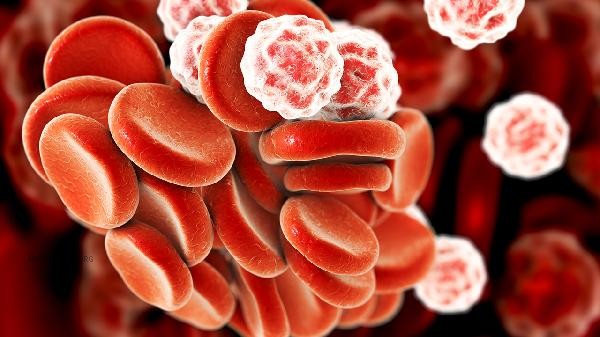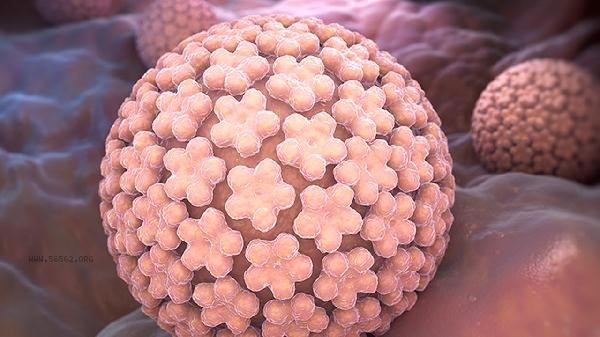Elevated helper T lymphocytes usually indicate the presence of an activated immune system in the body, which may be caused by factors such as viral infections, bacterial infections, autoimmune diseases, allergic reactions, or chronic inflammation.

1. Viral infection:
EB virus, cytomegalovirus and other infections can stimulate the proliferation of helper T cells. This type of infection is often accompanied by symptoms such as fever and sore throat, and needs to be diagnosed through serum antibody testing. Mild cases often require antiviral treatment such as interferon, while chronic infections require regular monitoring of immune function.
2. Bacterial infection:
Infection with intracellular parasitic bacteria such as Mycobacterium tuberculosis and Brucella can lead to an increase in Th1 cell subsets. The patient may experience typical symptoms such as low-grade fever and night sweats in the afternoon, and diagnosis should be combined with pathogen examination. During the standardized anti tuberculosis treatment, lymphocyte subsets should be rechecked monthly.
3. Autoimmune diseases: In diseases such as rheumatoid arthritis and systemic lupus erythematosus, helper T cells are abnormally activated to attack their own tissues. This type of disease is usually accompanied by characteristic manifestations such as joint swelling and pain, rash, etc., and requires auxiliary diagnosis through immunological indicators such as anti nuclear antibodies. Immunosuppressants such as methotrexate can regulate T cell balance.

4. Allergic reactions:
Th2 mediated diseases such as allergic rhinitis and asthma can elevate specific subgroups. Patients often experience symptoms such as nasal itching and wheezing, and serum IgE testing and allergen screening can clarify the cause. Desensitization therapy combined with leukotriene receptor antagonists can effectively control immune responses.
5. Chronic inflammation:
Persistent inflammatory states such as chronic hepatitis and periodontitis can stimulate T cell activation for a long time. This type of situation may only manifest as mild fatigue and requires a comprehensive judgment based on liver function, oral examination, and other factors. After controlling the inflammation, lymphocyte indicators can gradually recover.
When an increase in helper T lymphocytes is found, it is recommended to complete extended tests such as C-reactive protein and autoantibody spectrum. Maintaining a regular daily routine and supplementing with vitamin D and Omega-3 fatty acids can help regulate the immune system. Persistent abnormalities require consultation with a rheumatology and immunology department to avoid excessive exercise induced immune reactions. Pay attention to recording changes in body temperature and joint symptoms for the doctor's reference.










Comments (0)
Leave a Comment
No comments yet
Be the first to share your thoughts!